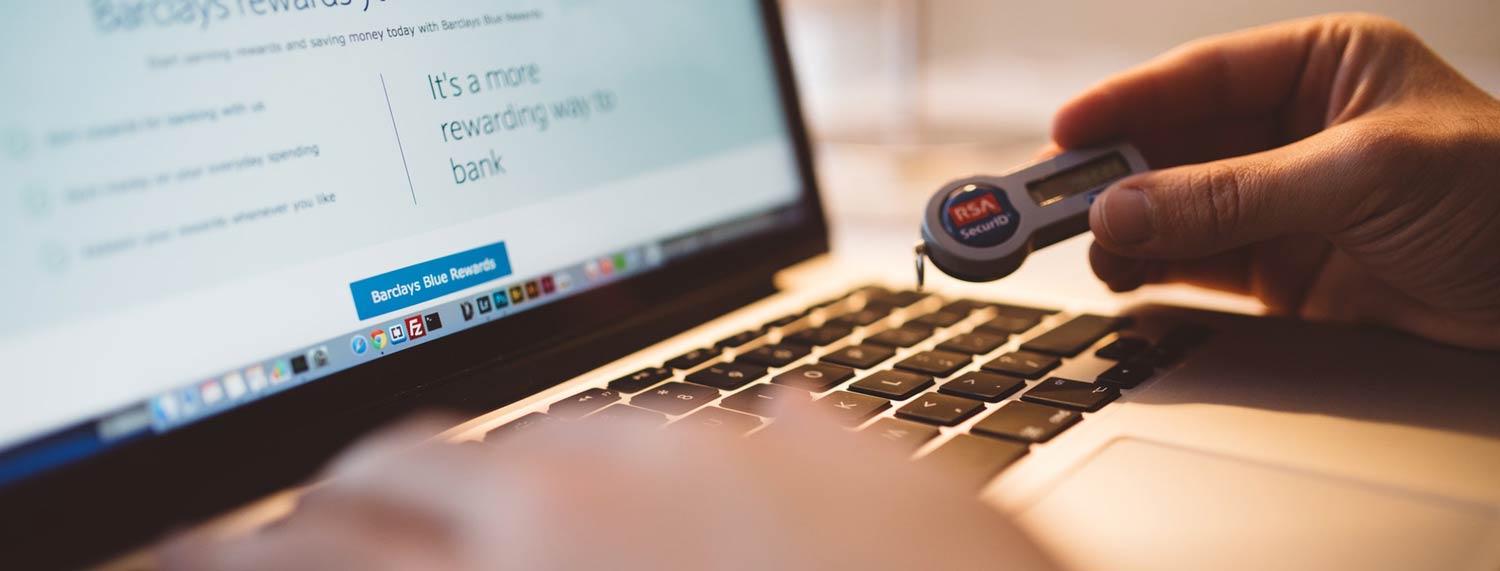
The internet has become a massive part of our lives over the past 10 years and has become a daily necessity for both work and pleasure. Take a moment to evaluate your personal usage of the internet and which of your daily tasks require a stable internet connection, something I was forced to deal with last week as the broadband in my area decided to fail. The aftermath subsequently left me unable to watch TV, check emails, or even use my washing machine’s full potential, leaving me completely untethered from the world and a higher data usage bill!
The internet is undoubtedly a game changer when it comes to making our lives easier but with most things, it also has its drawbacks. The internet is now an active battlefield of users and those looking to exploit people and data if your internet presence is not properly maintained. In this post, I hope to provide you with helpful information that could potentially help you to remain safe while browsing on the internet.
Password Security
The first thing which is highly advisable is your passwords. The simple act of ensuring your passwords are complex and contain alphanumerical characters and symbols can keep hackers away from your computer, and keep your data more secure.
People tend not to use secure passwords because they are tricky to remember, take longer to type and also reuse the same password for multiple websites. Tools like LastPass are great ways to securely store complex passwords while giving you quick and easy ‘auto fill’ option on both desktop and mobile
Two-Factor Authentication
While this sounds a little complex, two-factor authentication is simply adding one more barrier to logging in, on top of just the password. If you have used those little banking widgets which give you some numbers to punch in? That is exactly the same.
Popular services like Google and Facebook offer this in their account settings and you can use an app called Google Authenticator to generate little codes when you log in. This means that even if people crack your password, you’ll still be safe.
Personal PC protection
This refers to your anti-virus software placed on your PC to ensure security, the anti-virus system lies on the edge of the OS and acts as a barrier to unfriendly malicious malware. Their are many different free and premium antivirus options such as Commodo and Avast which act to keep your traffic and file systems safe. This combined with a firewall offer realtime protection against viruses and helps to keep your data secure from unwanted visitors.
Installing antivirus software is a great start however you’ll need to keep it up to date to ensure that your protection is up to speed with all the common virus signatures that change over time.
Junk email
On top of keeping your email off databases, keeping on top of spam has some great benefits on productivity and your general sanity. Get into the habit unsubscribing to emails are no longer relevent and you’ll quickly see your emal load go down.
Also, a fun trick to stop your exposure is to put in a dummy email addresses if you want to download brochures or join wifi networks! Sneaky. Most will let you through without confirmation of email.
Keep up to date with the latest cyber news
However careful you are, there will always be new and scary ways that cybercriminals will try to compromise your data. It is therefore essential to keep on top of the latest news around cyber security. You will see breaches and hacks in the news but it is important to keep abreast of these as somtimes they will affect you!





